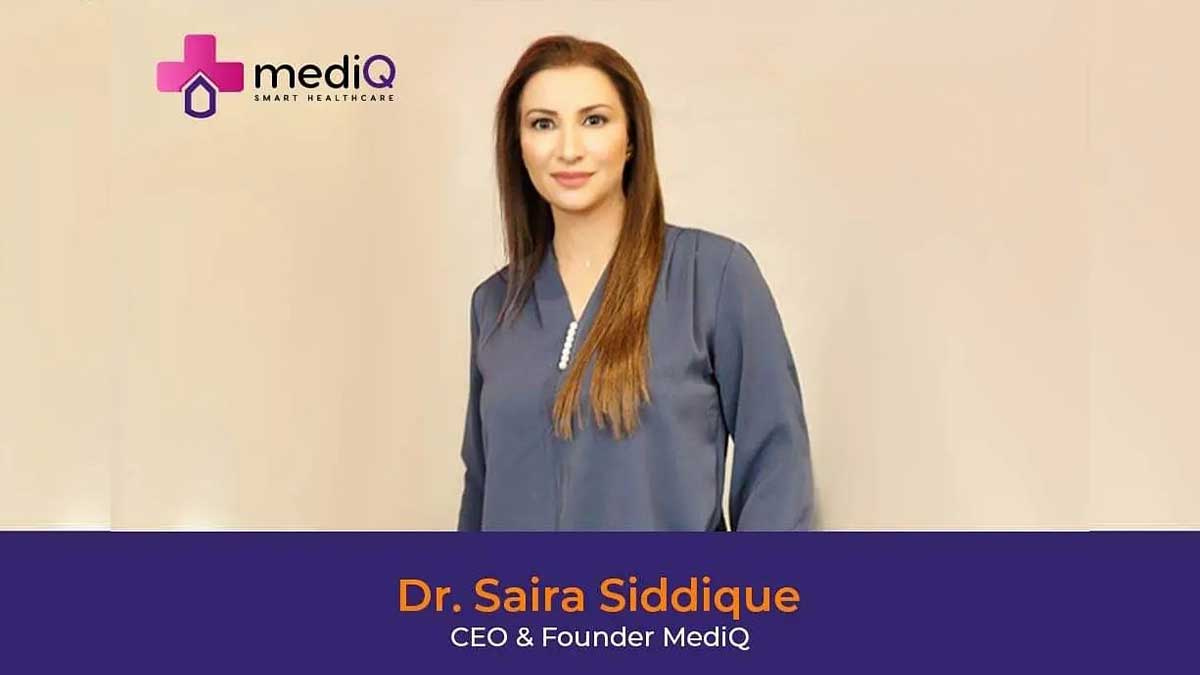Health-tech startup medIQ raised $1.8 million in a pre-seed round, CEO and founder Dr. Saira Siddique said in an interview.
The startup round was directed by US-based Amaana Capital and the Middle East and Pakistan–focused Cordoba Ventures (CorVCF).
medIQ is Pakistan’s first integrated business-to-business platform that provides services a company or insurer wants to give virtual care to its members. It also facilitates both urban and rural customers by directly connecting them to health service providers.
According to Dr. Siddique, who is the “first female solo founder” of a Pakistani startup of this scale, almost 90 percent of patients can be treated at home.
“We’re trying to keep a typical patient, who doesn’t need hospitalization, away from the hospital. Most patients require only OPD [outpatient department],” she said.
Read more: Pakistani healthtech startup MedznMore raises $2.6 million seed for its online pharmacy
medIQ delivers a customizable plug-and-play technology stack as well as a network of online pharmacy and laboratory services financed by general physicians, experts from 32 specialties, nursing staff, and homecare teams. It transforms medical records to a single profile in a safe and sound electronic record system, enhancing data sharing and data analytics for artificial intelligence and machine learning solutions.
“We’ve built a complete digital platform that provides these end-to-end services. There’s no need for any patient to go to the hospital until and unless it’s absolutely necessary,” she said.
Moreover, the initiative has already developed a customer base of 10million individuals, thanks to the on-boarding of 12 life and health insurance companies, she added. Almost 300,000 people have been treated during the first 18 months of the company’s operation.
“We’re treating 1,000 customers a day. We want to go up to 8,000 customers a day within a couple of years. We also want to expand geographically to 20 cities from the current seven cities,” she added.
By the start of 2023, Dr. Siddique said, “There’s a lot of demand for this kind of platform in East Africa and the Middle East. We want to expand to those markets as well.”





















